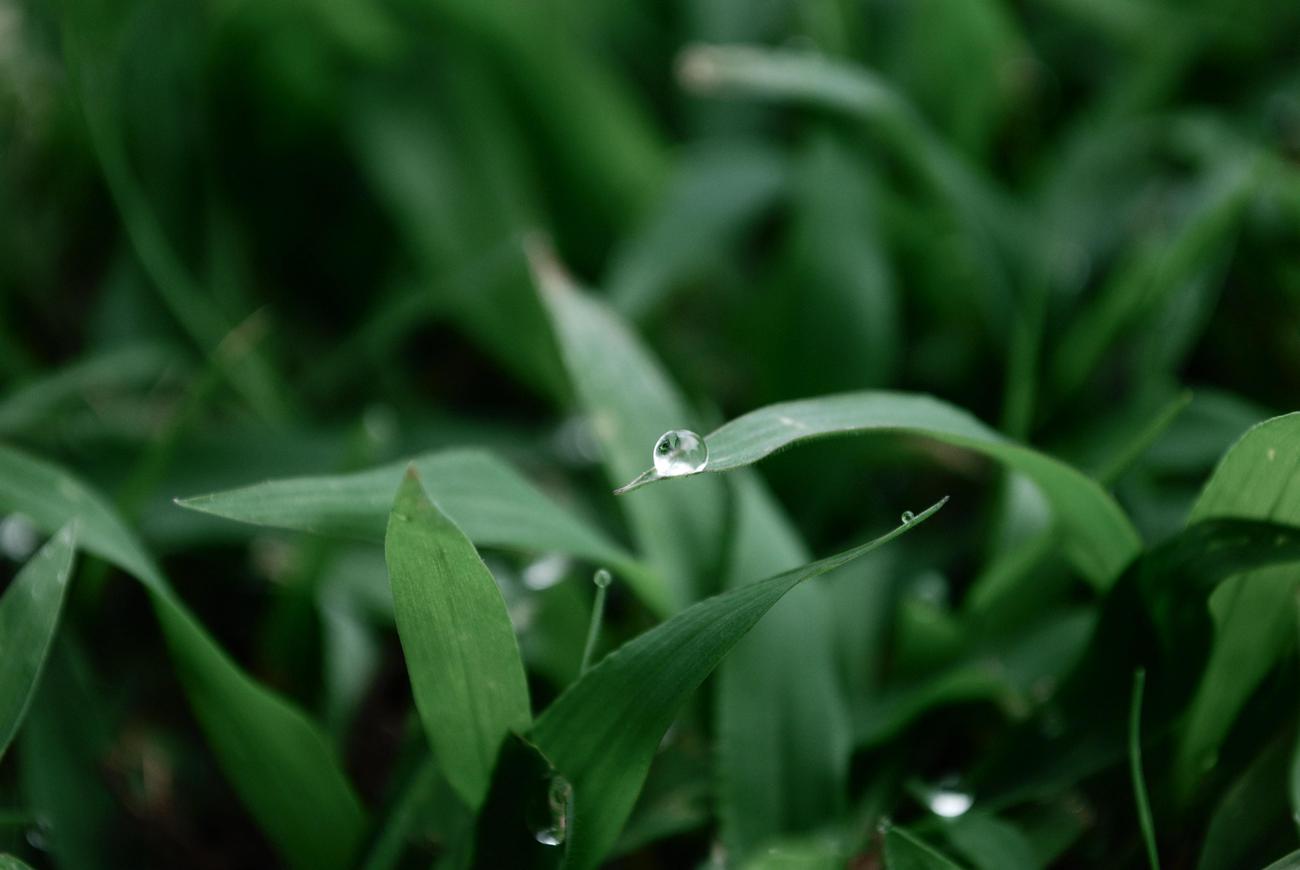Prepare to be amazed as we delve into the intricate world of saliva, uncovering its hidden secrets and exploring lesser-known aspects that will leave you in awe. In this article, we will embark on a fascinating journey guided by a seasoned biomedical researcher specializing in human physiology. With extensive knowledge and expertise in the wondrous intricacies of saliva, get ready to be enlightened about its multifaceted roles and unique abilities far beyond its conventional function as oral lubrication. Brace yourself for a captivating exploration of the enigmatic world of saliva, as we reveal its mysterious depths and unravel the lesser-known aspects that will leave you astounded.

Unveiling Saliva’s Hidden Secrets: Exploring Lesser-Known Aspects
Lesser-Known Aspects of Saliva
When we think of saliva, we often associate it with the simple act of mouth lubrication. But did you know that saliva is much more than just a bodily fluid that helps us with swallowing and digestion? In fact, there are many lesser-known aspects of saliva that make it a fascinating subject to explore. Join me on this journey as we delve into the hidden secrets of saliva and uncover its remarkable abilities beyond mere oral lubrication.
A Complex and Multifunctional Fluid
Saliva is not just a simple liquid; it is a complex fluid with a multitude of functions. Not only does it aid in lubrication, but it also plays a crucial role in maintaining oral health through its physical and chemical properties. Saliva contains water, electrolytes, mucus, glycoproteins, enzymes, and antibacterial compounds, all of which contribute to its multifunctional nature.
The Many Roles of Saliva
While saliva’s primary functions are often overlooked, it has specific and nonspecific roles that impact our everyday activities and even possess medicinal properties. Saliva acts as a natural defense mechanism, protecting the oral and peri-oral tissues from harmful microorganisms. It also plays a vital role in digestion, as it begins the process in the mouth by breaking down starches through the action of enzymes like amylase. Furthermore, saliva helps dilute sugars, regulating their impact on dental health.
A Closer Look at Saliva Production
Saliva production involves a complex interplay of anatomical, histological, and physiological processes. Saliva can be classified into major and minor glands based on their location and the nature of the secreted saliva. The submandibular gland is responsible for producing the largest amount of saliva. Interestingly, serous saliva is watery, while mucous saliva is more viscous. These distinctions in composition contribute to the varying functions of the different types of saliva.
Saliva: The All-Rounder in the Body
Saliva is a true all-rounder in the body, managing various tasks and functions. It not only aids in digestion and oral health but also plays a role in the perception of oral sensations, lubrication, chewing, swallowing, and speech. Without saliva, these seemingly simple tasks would become challenging and uncomfortable.
The intricate nature of saliva goes far beyond its commonly known functions. Saliva truly is a versatile fluid that performs numerous roles to keep our oral cavity healthy and our daily activities comfortable.
Saliva Diagnostics: The Emerging Field
Saliva diagnostics is an exciting and emerging field with potential applications for oral health and disease monitoring. Researchers are exploring the possibility of using saliva as a means to detect various conditions, such as oral cancers, viral infections, and even stress levels. By analyzing specific salivary biomarkers, scientists hope to develop non-invasive methods for early detection and monitoring of diseases.
Understanding Saliva’s Composition
To truly appreciate the hidden secrets of saliva, it is important to understand its composition and the factors that affect it. Saliva contains a range of substances, including water, electrolytes, mucus, glycoproteins, enzymes, and antibacterial compounds. Various factors, such as age, diet, and medications, can influence the composition of saliva, which, in turn, can impact its functionality.
Unveiling Saliva’s Hidden Secrets: Key Takeaways
- Saliva is not just a lubricating fluid; it is a complex and multifunctional bodily fluid.
- It has specific and nonspecific functions, contributing to oral health and overall well-being.
- The production of saliva involves various anatomical, histological, and physiological processes.
- Saliva plays a crucial role in digestion, oral defense mechanisms, and regulating sugar impact on dental health.
- Saliva diagnostics is an emerging field with potential applications for disease detection and monitoring.
- Understanding the composition and factors affecting saliva is essential in appreciating its hidden secrets.
So the next time you consider saliva, remember that it is more than just a liquid in your mouth. It is a remarkable bodily fluid with a wealth of hidden secrets waiting to be discovered. Explore the lesser-known aspects of saliva, and you’ll be amazed at its extraordinary abilities beyond mere oral lubrication.
Salivary – the unsung hero of our mouths. Have you ever wondered about the fascinating facts surrounding this essential bodily fluid? Prepare to be amazed as we delve into the surprising world of salivary glands. From their crucial role in digestion to their ability to protect our teeth from decay, salivary glands are a vital part of our oral health. Discover the incredible truths about salivary by clicking here:
{{< internal-link href=”../facts-about-salivary” text=”facts about salivary” >}}

FAQ
1. What are some lesser-known aspects of saliva?
Saliva is not just for lubrication; it has numerous functions and hidden secrets that are often overlooked. Some of the lesser-known aspects of saliva include its role in digestion, hormone regulation, antimicrobial action, taste sensation, and even its potential for disease monitoring through saliva diagnostics.
2. How is saliva produced in the body?
Saliva is produced by both major and minor glands located in the oral cavity. The submandibular gland is the largest producer of saliva. Saliva can be classified into two types: serous saliva, which is watery, and mucous saliva, which is more viscous. These glands produce saliva in response to stimuli such as the smell or sight of food, which triggers the release of neural signals that stimulate salivary glands to produce and secrete saliva.
3. What is the composition of saliva?
Saliva is a complex fluid consisting of water, electrolytes, mucus, glycoproteins, enzymes, and antibacterial compounds. These components work together to perform various functions, including lubrication, digestion, and protection against oral bacteria.
4. How does saliva contribute to oral health?
Saliva plays a crucial role in maintaining oral health. It helps to protect the oral and peri-oral tissues, lubricates the mouth for comfortable chewing and swallowing, dilutes sugars that can contribute to tooth decay, and has antimicrobial properties that help prevent oral infections.
5. How can saliva be used for disease monitoring?
Saliva diagnostics is an emerging field that offers potential applications for oral health and disease monitoring. By analyzing specific biomarkers present in saliva, researchers can gain insights into a wide range of health conditions, including oral diseases, systemic diseases, and even infectious diseases. The non-invasive nature of saliva collection makes it an attractive option for regular screening and monitoring purposes.
- Unveiling Bernhard Caesar Einstein’s Scientific Achievements: A Legacy in Engineering - July 15, 2025
- Uncover who is Jerry McSorley: CEO, Family Man, Business Success Story - July 15, 2025
- Discover Bernhard Caesar Einstein’s Scientific Contributions: Unveiling a Legacy Beyond Einstein - July 15, 2025















